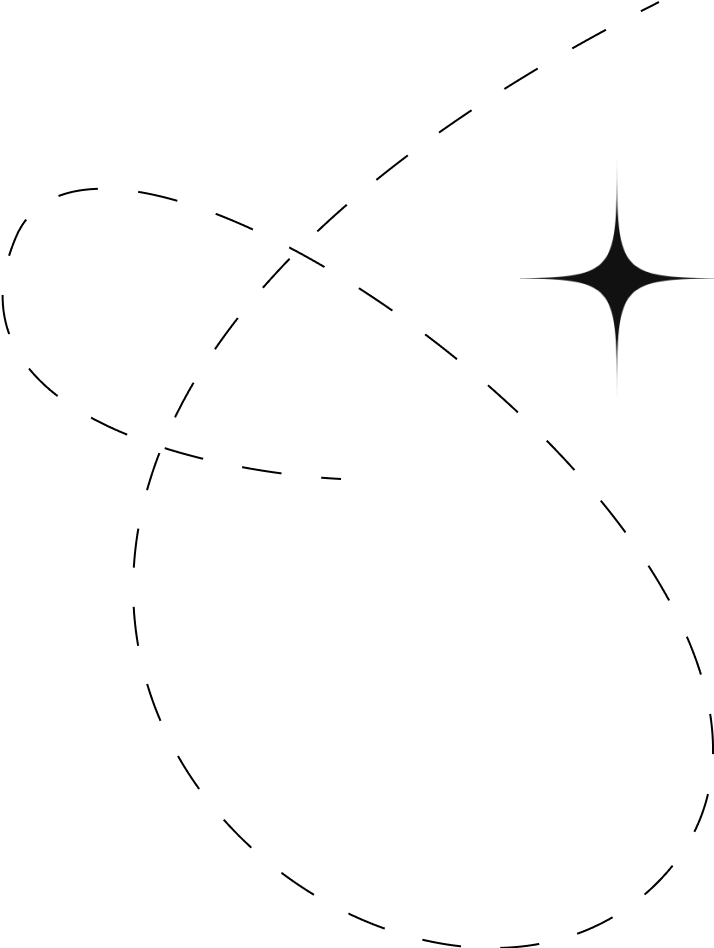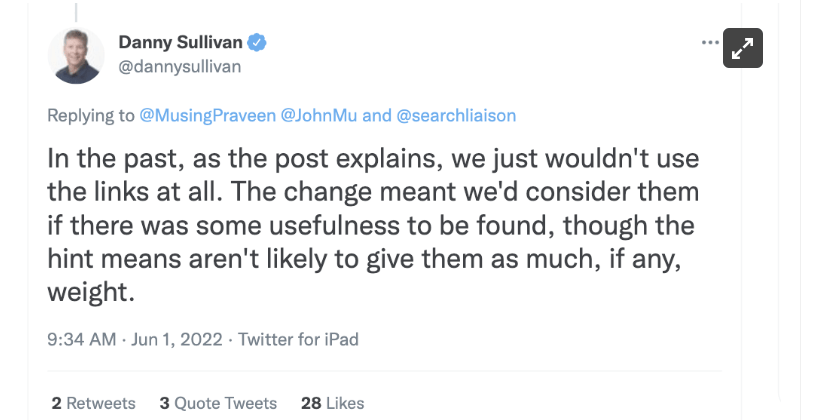Guides
The nofollow tag allows publishers to tell Google and other search engines that they do not endorse specific links to other pages.
Nofollow tags are crucial for search engine optimization as they indicate to search engines that a site isn’t selling influence or engaging in improper SEO practices.
By using a nofollow tag, you’re telling search engines to disregard the link. Traditionally, nofollow links did not pass link juice, meaning if a website linked to you with a nofollow tag, it wouldn’t help improve the rankings of your linked page.

In late 2019, Google announced that they now consider nofollow links as ‘hints’ rather than ignoring them entirely. At Tomatotree Digital, we’ve observed a significant correlation between nofollow links and improved website rankings in recent years.
For instance, we’ve noticed that when clients or our own site received a nofollow link from a high-authority source, without making any other changes or acquiring major new links, the site’s rankings improved noticeably. This suggests that nofollow links might be more influential than Google’s ‘hints’ announcement implies.
Nofollow tags were introduced to HTML in 2005 by Google, Yahoo, and Microsoft to combat comment spam in blogs. The goal was to make life harder for spammers who posted unwanted links in comments sections, preventing these links from affecting site rankings. Before nofollow, stopping robots from following individual links on a page required a lot of effort.
Matt Cutts, former head of Google’s web spam team, explained: “The nofollow tag allows a site to add a link without endorsing it. Using nofollow is a safe way to buy links, as it tells search engines that the link shouldn’t be counted as a vote.”

Nofollow tags are included in the rel attribute of an HTML element.. This attribute provides search engines with more information about a link, defining the relationship between your website and the linked page.
Here’s how a nofollow link differs from a default link in HTML:
No, you shouldn’t. Google advises against nofollowing all external links because it can negatively impact your SEO. Co-citations and the link environment of a page are important metrics for Google when ranking a page. By nofollowing all links, you ask Google to ignore the link ecosystem around your page, making it harder for them to understand the content, context, and trustworthiness of your page. In the current SEO landscape, where E-E-A-T (Expertise, Authoritativeness, Trustworthiness) is crucial, this can hinder your efforts.
While you shouldn’t nofollow all external links, it’s important to nofollow paid links. If a link has been paid for, it’s less likely that it’s there because you genuinely endorse the content. Google doesn’t view paid links as quality endorsements and doesn’t want to reward them.
Historically, using nofollow was the way to mark a paid link. This still works, but Google now prefers web publishers to use the rel=”sponsored” attribute for paid links.
For example:
html
Copy code
<p> Check out this <a href=”https://example.com” rel=”sponsored”>sponsored content</a>. </p>
Google also suggests using nofollow for user-generated content (UGC) links. However, they prefer the rel=”ugc” attribute.
For example:
html
Copy code
<p> Check out this <a href=”https://example.com” rel=”ugc”>user-generated content</a>. </p>
By properly using these attributes, you can ensure that your SEO practices align with Google’s guidelines, helping your site maintain its ranking and credibility.
While the nofollow tag has been a cornerstone of SEO for years, its role has become more complex in 2024.
For a more in-depth analysis of nofollow tags and their implications in 2024, consider exploring these resources:
By combining these resources with the information provided above, you can develop a robust understanding of nofollow tags and how to effectively use them in your SEO strategy.
Grow your brand with TomatoTree Digital, Kerala SEO Service Providers. Tailored strategies to drive your online success—contact us today!

Never settle for anything less than the best! Hire the top SEO experts from the Best SEO Company in Kerala and benefit from the customized Search Engine Optimization strategies designed exclusively for your brand.

India

United Kingdom
Newsletter
Never settle for anything less than the best!
Other Links
WhatsApp us